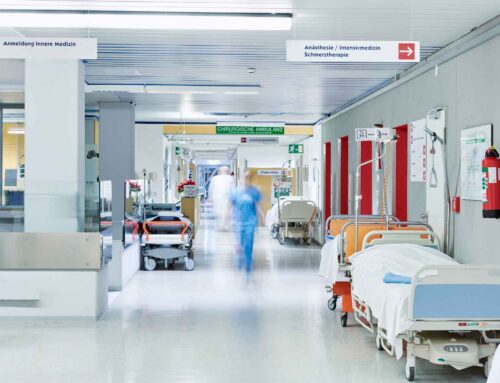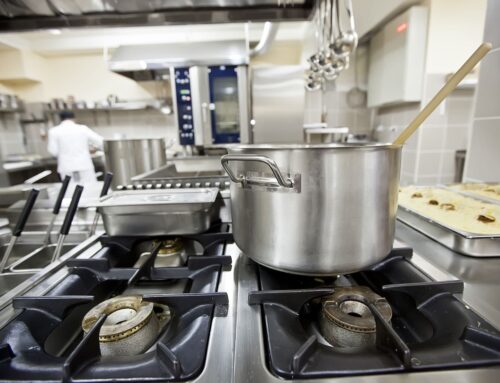“`html
Ventilation in food production – requirements and solutions
Ventilation in food production is a crucial factor that goes far beyond creating a pleasant working environment. It is essential for maintaining hygiene standards and ensuring product quality. This article highlights the specific requirements and customized solutions for ventilation in the food industry.
Why is ventilation so important in the food industry?
Ventilation is crucial in food production as it fulfills several critical functions:
- Hygiene standards: Effective ventilation prevents the spread of germs and contributes to maintaining strict hygiene standards that are essential in the food industry.
- Product quality: Ventilation helps preserve the freshness and quality of products by maintaining the correct temperature and humidity conditions.
- Working environment: A well-ventilated workplace improves employee well-being and can increase productivity.
Challenges in food production
The food industry, including large bakeries and other manufacturing facilities, faces unique ventilation challenges:
- Temperature control: In production areas, maintaining a constant temperature is crucial to ensure food quality. Fluctuations can affect product shelf life and safety.
- Humidity management: Excessive humidity can promote mold growth, while excessively dry air can dry out products and reduce their quality. A balanced humidity level is therefore essential.
- Odor control: Preventing odor transfer between different production areas is critical to prevent cross-contamination and maintain product integrity.
Tailor-made ventilation solutions for the food industry
To meet the specific requirements of food production, customized ventilation solutions are required. These should be tailored to the specific needs of the respective production environment and can include the following components:
- High-performance fans: These devices ensure even air circulation and help control temperature and humidity. They are especially important in areas where rapid adjustment of air conditions is required.
- Filter technologies: Special filters can be used to remove particles and germs from the air. This is crucial for improving air quality and preventing the spread of contaminants.
- Odor neutralization systems: These systems prevent the spread of undesirable odors and help ensure that various production processes are not affected by odor transfer.
Conclusion
Ventilation in food production is a complex issue that requires customized solutions. By using specialized ventilation technology, companies in the food industry can ensure that their products are safe and of the highest quality. Proper ventilation not only contributes to compliance with hygiene standards but also improves the working environment for employees.
For more information and customized solutions for your production environment, visit Kleinfeldt GmbH . There, you’ll find experts who can help you develop and implement ventilation solutions specifically tailored to your needs.
“`


